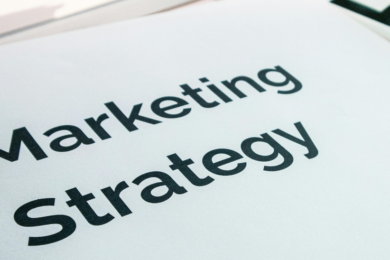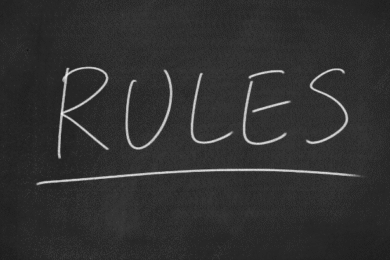Five Marketing Predictions for 2025
Jan 2, 2025By this point, most marketers have become accustomed to the never ending whirlwind of change and evolution in the digital…

If you’re managing social media for a business, you’ll know that success comes from strategy — not spontaneity. That’s where a well-thought-out content calendar makes all the difference. It’s not just about being organised; it’s about delivering the right message, to the right audience, at the right time.
Speaking to Elena Broda, our Junior Social Media Manager here at Extramile Digital, we gathered her top tips for building a content calendar that actually works for B2B brands.
A social media content calendar is a planning tool that outlines what you’ll post, where you’ll post it and when it will go live.
It gives you a quick view of your content activity, helping you:
• Stay consistent with posting
• Align with campaigns and seasonal trends
• Avoid last-minute panic
• Track performance and plan ahead
Think of it as your social media map, keeping you on track, focused and organised.
The first step to planning your content isn’t deciding what to post. It’s deciding why you’re posting in the first place. As Elena points out, any post you create should directly support your wider marketing objectives. Whether the goal is to inform, educate or entertain your audience, each post needs a clear reason to exist.
This message echoes advice from Andy Lambert of Social 3.0 and Adobe, who spoke at the recent SocialDay event Elena attended. He reminded marketers that if a piece of content doesn’t tie back to strategy, you shouldn’t be posting it. It’s a mindset that helps keep your feed focused, intentional and impactful.
See how you can combine your social media strategy with SEO for multichannel success.
Once your strategy is clear, the next step is to build out your calendar. But what should you include? For B2B brands, this means identifying dates that actually matter to your audience and your organisation. These might include trade shows and industry expos you are attending, product launches and internal milestones like employee anniversaries, awards or new hires.
National days are also a fun way to connect to your audience. However, it’s important to be selective about which you choose and they shouldn’t dominate your content plan. If a day doesn’t align with your brand, values or industry, it’s probably best to give it a miss.
A well-rounded content calendar should include a variety of content types. Your content should be a mix of: cultural or people-focused content, product or service content, and informational or educational content. Each type serves a different purpose, and the best calendars strike a balance between them.
• People-focused posts help humanise your brand, showcasing your company culture and values.
• Product content highlights what you offer in a way that speaks to customer needs.
• Informational content positions your business as a source of expertise. That could be tips, industry news or thought leadership.
Even if your messaging is great, identical post formats can tire your audience. Make sure you mix things up:
• Graphics – great for information, case studies and highlighting products and services.
• Photos – perfect for team moments, behind-the-scenes or real-world use of your product
• Videos – ideal for deeper storytelling or education, but more time-consuming
• Articles/Text – Perfect for sharing long form writing and employee generated content on LinkedIn
“Any graphic or video content you can prepare in advance is a big help,” Elena says. “These take longer to create, so get ahead where you can.”
Want to know more about choosing the right content? Read our thoughts on using visuals effectively.
While planning is essential, it’s just as important to leave space for spontaneity. A good calendar includes flexibility for ad hoc or reactive content. That could be a trending topic in your industry, a last-minute win to celebrate or a timely piece of thought leadership.
Planning 100% of your posts in advance can backfire if something newsworthy or relevant comes up and there’s no room to respond. Leaving space means you can react quickly, without throwing your whole calendar off balance.
Posting consistently is key, but that doesn’t mean you need to be posting every day. Elena recommends aiming for three posts per week as a sweet spot. It’s enough to keep your brand front of mind without overwhelming your audience.
This frequency also gives you room to monitor performance, engage with followers and make improvements week to week.
At Extramile Digital, our social media and creative experts work with B2B brands to build impactful, audience-first content calendars. If you need support with planning, content creation or campaign strategy, we can help you post with purpose.

By this point, most marketers have become accustomed to the never ending whirlwind of change and evolution in the digital…

In high-stakes sectors like defence and aerospace, effective marketing is about building trust, demonstrating unwavering reliability and navigating a unique…

Staying top of mind with decision makers is more challenging than ever in competitive B2B sectors. Prospects are flooded with…

As 2025 draws to a close, it’s time to reflect on how Google’s confirmed SEO algorithm changes played out and…